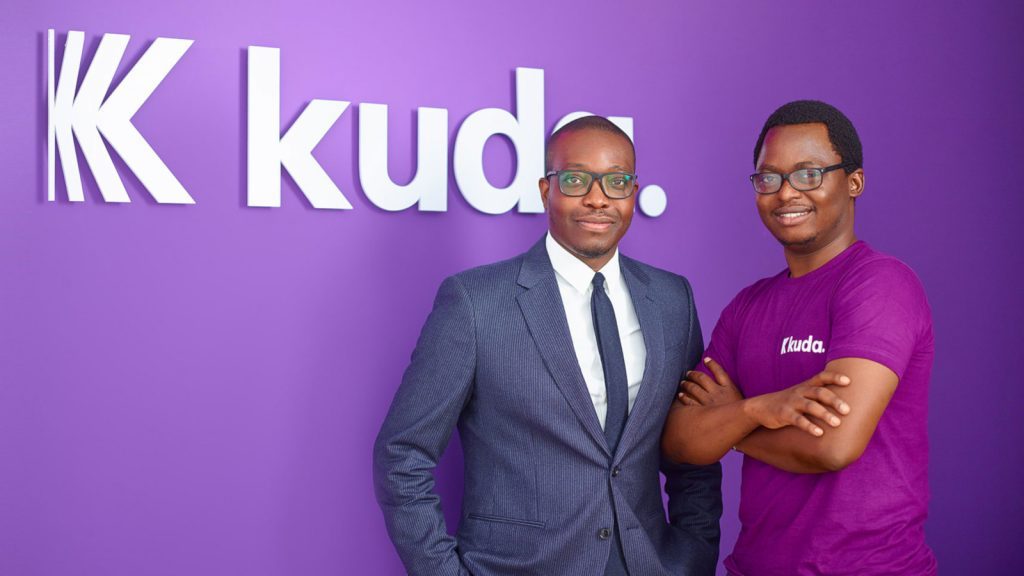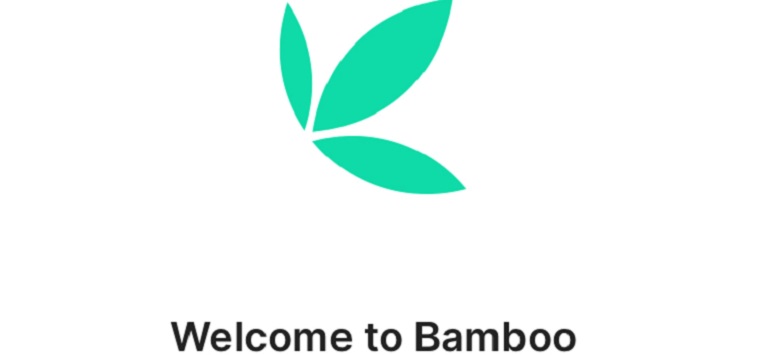The term “Fintech” is used frequently nowadays despite the fact that the century does not mark the first time technology and finance intersected.
Fintech, which combines finance with technology, arose as a result of fast technological breakthroughs and the emergence of a new breed of entrepreneurs with a keen interest in understanding money and how to efficiently spread it around.
Fintech pioneers identified weaknesses in traditional banking, resulting in a rapidly expanding industry that caters to the unique requirements of smaller banking consumers.
The drive to improve customer experience and tackle numerous borrower pain points is driving innovation and opportunity in this market. Fintech has since transformed from a disruptive menace to an enabling partner in a new age.
The push toward cashless societies, among many others aimed at helping underserved communities in Africa gain access to financial products and services has created an industry ripe with opportunities, with a slew of new players hoping to profit while also making an impact.
Some of the most innovative fintech companies in Nigeria in 2021 are.
1. Kuda
The delicate balance between human wants, accessible technology, and business or monetary value is what innovation is all about.
In Nigeria’s fintech industry for 2021, Kuda Microfinance Bank was one of the companies that contributed massively in terms of innovation.


The bank, branded “the bank of the free,” is a full-service digital-only bank with a banking license. Customers can use the fintech solution to access banking services directly from their smartphones.
Customers may also benefit from clever features that help them avoid obscene bank fees, spend wisely, and save more.
Since rebranding from Kudimoney, a simple finance platform delivering standard fintech products, Kuda has come a long way toward becoming a household name in the fintech industry.
The Central Bank of Nigeria (CBN) granted it a microfinance banking license, which aided in its transformation into Kuda, a full-service digital neo-bank.
Kuda’s has, in the months of its existence, completed funding rounds so quickly because of the digital bank’s remarkable early growth.
The business announced that it had 650,000 registered customers during its first public offering earlier this year. Kuda now claims to have more than 1.4 million registered users, more than double the number it had in March.
2. Patricia
Patricia Technologies is easily one of Africa’s fastest-growing fintech firms. It has spent the last three years and notably 2021, creating a reputable Bitcoin brand and establishing a name for itself.
The company began with the goal of creating a platform that would provide a safe and secure environment for the region’s rising number of cryptocurrency users to trade and conduct ordinary financial activities.


Patricia has subsequently evolved from 500 clients to become Nigeria’s top digital asset trading platform, with operations in Dubai, China, and Ghana, and serving over 15,000 clients daily.
Its goal of creating user-centric services and concentrating on practical solutions has been critical to the company’s market success.
The company’s passion for developing simple but brilliant solutions is no doubt one of the reasons it has dominated the Bitcoin market in Africa.
It went from introducing the Patricia Debit Card to the Patricia Refill option, which allows users to pay utility bills or buy airtime with Bitcoin.
Patricia Technologies has quickly made pioneering its strongest suit and is quickly gaining momentum by providing never-before crypto-based services for Nigerian customers in a mostly unknown but potentially lucrative field such as the cryptocurrency industry.
The company’s desire to be the first in whatever it undertakes is undeniable. Patricia’s aim to easily incorporate cryptocurrency use into resolving day-to-day demands lies at the heart of every creation.
3. PiggyVest
Fintech businesses are disrupting key financial services to bridge the gap between financial institutions and customers.
Piggyvest has gone on to provide fintech solutions that allow users to save through various features like automatic savings, fixed deposits, shared savings, and PAYE after its acquisition of Savi.ng, a wealth management app established in 2018.


As a result of the acquisition, PiggyVest has been able to expand its presence in wealth management, a rising part of the fintech industry.
The company originally began life in Nigeria as an online savings platform. The platform was created to allow people to effectively put money aside that they would rather not withdraw.
PiggyVest currently offers a variety of savings options. Users can start saving as little as $1 per day and eventually limit when they withdraw their money to specific days.
PiggyVest also has additional features, such as the Flex Dollar, which allows users to save in dollars, collect interest, and transfer dollars to any other PiggyVest member.
4. Opay
Over the years, banking in Nigeria has improved. However, there are still numerous gaps to be filled and this poses a serious opportunity for fintech players.
Dozens of new fintech businesses have opened up shop in Nigeria, promising universal financial inclusion but ultimately catering solely to financially and technologically savvy customers.


OPay is unlike these other fintech businesses especially in the manner in which it has carefully constructed its businesses to foster financial inclusion both online and offline.
Users may pay bills, transfer money to other banks, apply for loans, talk with and send money to other OPay users, and save money with interest using OPay’s super app.
OPay’s mobile money business is booming, with the company processing roughly 80% of bank transactions among Nigerian mobile money providers.
This implies that OPay is used by a lot more individuals to transfer money to other bank accounts than other fintech applications that do the same thing.
OPay’s mobile money edge can be attributed in part to how actively the company has promoted its mobile wallet services, which are aimed at anybody who needs quick access to financial services.
But OPay hasn’t just succeeded in driving strong adoption rates for its online services; the firm has also built an impressive POS agent network in Nigeria.
5. Bamboo
Nigeria’s financial technology industry, which has been attracting new money and including several new entrepreneurs, investors, and venture capitalists, has emerged as Africa’s brightest new star.
A fintech solution that has made tremendous improvements in the last couple of years, and continues to do so in 2021, is the Bamboo fintech solution.
It provides users with free access to over 3,000 equities listed on the Nigerian and US stock markets, all from their mobile phone or computer.


The company, which has offices in Lagos and San Francisco, charges consumers a 1.5 per cent commission to buy and sell equities on the New York Stock Exchange. It also offers a variety of deposit fees based on the user’s payment method.
Bamboo provides services to corporate and institutional clients such as brokers and dealers, fund managers, and investment advisers, in addition to individual investors.
Investors may presently invest in or trade in over 3,500 equities listed on the US stock market or their local markets, according to the business. However, the types of investments that clients may access through the app are limited.
Customers can usually only invest in firms with a market capitalization of $1 billion or more. There is presently no trading in penny stocks, options, fixed income, or mutual funds (excluding money market funds).





